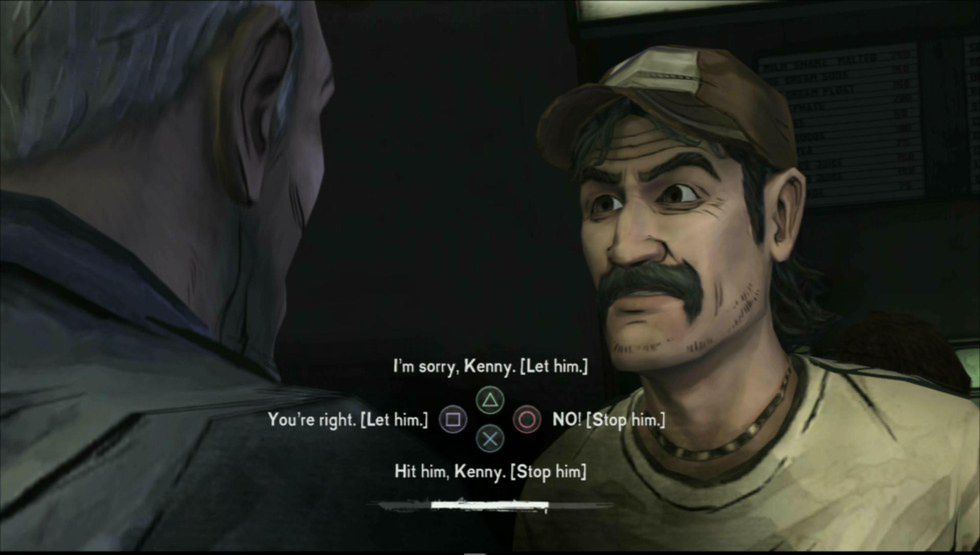Anyone who knows me, know that I absolutely love video games. Even more so, my favorite subgrouping of these is that of the roleplaying games. As such, I feel that the reasoning behind this is something that should be explained and also something I feel obligated to do. Recently, one of my close friends has, "borrowed" access to my steam account, and by extension has to access to all sorts of game I play whenever I have free time. In said account, There are puzzle games, action games, adventure games, and of course Role playing games. These games, are something I find myself playing the most.
I've found myself enjoying titles such as Star Wars: KOTOR I & II, Elder Scrolls V: Skyrim, Fallout 3, Fallout: New Vegas, Alpha Protocol, Telltale's The Wolf Among Us, and several others. An obvious reoccurring theme in these games is the idea of choice. These choices can be various and when depending on the games, they can range from subtle dialogue changes to dramatic changes in storyline and characters. Whether these choices are made going with a gut instinct which they think is best, or the player going with a specific play-through in mind, such as wanting their character to be pure evil.
This helps create several levels of "replayability", whether it's attempting to get another ending or perhaps trying to prevent something that happens to your characters or another character in the game. Now a common criticism of this is that "Choice doesn't really" matter. In some cases, yes this true. The player is able to make choices, small ones that don't influence the plot that much, if at all. One such example is killing a certain character or not. If killed, they obviously won't appear again, but if the other choice is made the character is alive, but they don't have any major impact on the story if any at all. This does happen from time to time in RPGs, this fact isn't deniable. However, on other occasions, these choices are dramatic and meaningful.
One such case I think should be highlighted, is Alpha Protocol. In this game choices are dramatic, every single dialogue choice influences characters and their interactions with you. While there are various endings, they are subtle in how they are different. Once I first got this game, with the knowledge that every choice was dynamic lead its massive levels of "replay-ability" for me, I couldn't stop myself until I saw how different things could get for me.
While several of Telltale's products have similar choices to Alpha Protocol, the choices in these games aren't always meaningful. One such example is one mentioned previously, and another is saving a character from turning evil, but regardless of their choice, they turn evil. This isn't always the case for Telltale, however, Telltale's Game of Thrones is much more notable in how it's choices are different.
Regardless of how dynamic the choices are in a game, there is one thing that is a constant. It's the choices you make, the story is yours to navigate how you want. You aren't going down a narrative path, and regardless if the choices matter, it's the way you decided to play the story. Your character wasn't a murder or tried to stop someone from turning evil inside of letting it happen. It's something you chose to do. And right now, I hope all are reading this are willing to make a choice to play an RPG, because that choice definitely matters.






















